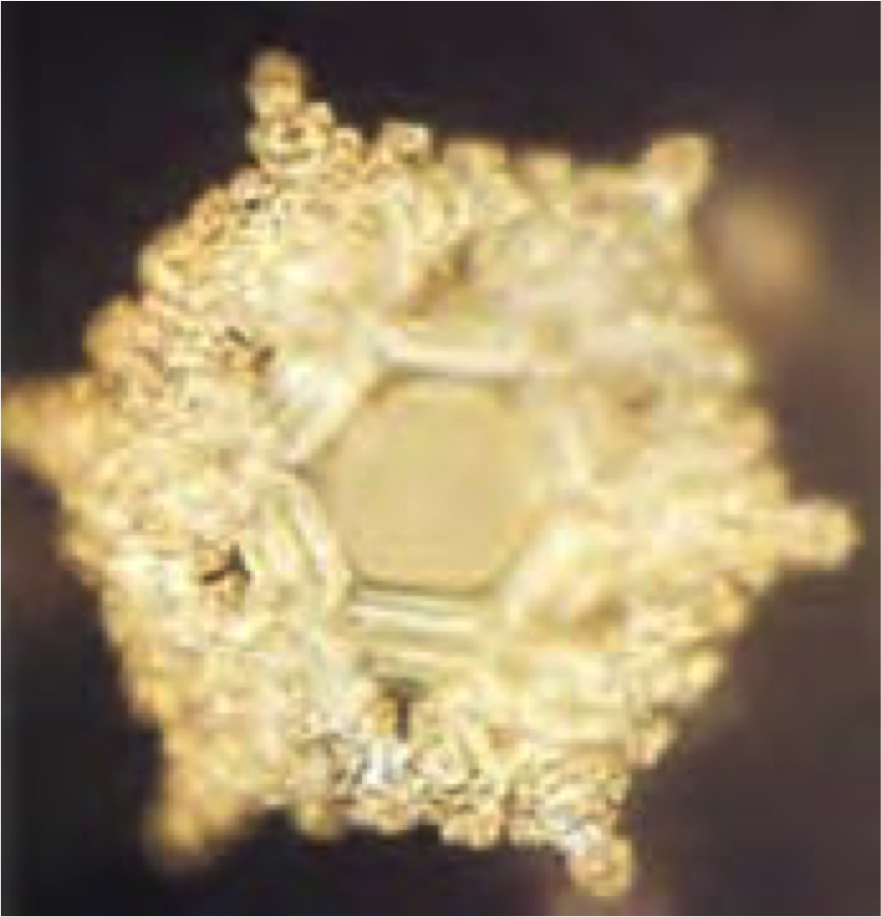Sticks and stones may break my bones, but words will never hurt me.
As a little girl, we would use that little
saying in one of our jump rope games. But even as a first grader, that was my least
favorite rhythm/rhyme to use in jump rope. Because deep in my heart, I knew it
was not true.
Little did I know that many in-depth research studies were being launched that
would change the way we thought and believed about words.
Words can hurt! Words can hurt deeply! Words can affect destinies!
One of the wisest ancient writings says, “the power of life and death is in the
tongue.” I prefer another translation of the same proverb that breaks it
down in a very clear and straightforward manner: words kill, words give life;
they’re either poison or fruit—you choose.”
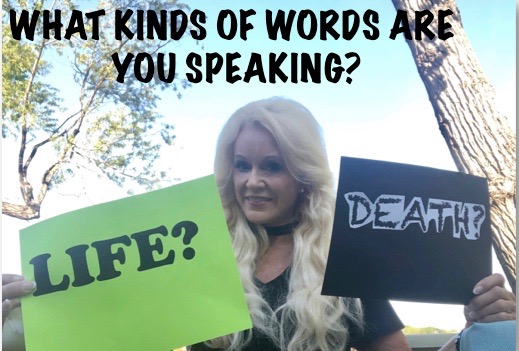
Words matter. The tone they are delivered in
matter. Scientific research over the past 20 years has confirmed hundreds of
times that words matter. They matter to our health, they matter to our
emotional well-being, they matter to our relationships, and they’ve even been
shown to matter in the state of our finances.
Early in my practice, I worked with a middle-aged couple. The wife had been a
very successful professional in the field of medicine. She had made great
contributions to her area of expertise and had received many honors and awards.
Unfortunately, she became very ill, and was ultimately diagnosed with Epstein
Barr Syndrome, a virus that results in extreme fatigue, loss of appetite,
compromised immune system, and much more. After an extended medical leave, she
was forced to resign from her position, and over the next year, became
practically bedbound. Desperate for solutions, she researched and practiced many
wellness methodologies, alternative medicine solutions, and pursue all medical
options as well. Most would produce some results, but none of the solutions
returned her to joyful and robust living.
I noted in their communications that the husband was very harsh in his selection of and delivery of words. I shared some of the research with them, and his response was one that I have often heard through the years: “Oh that’s just a bunch of psychobabble!” Even when presented with empirical data and scientific research results, he refused to acknowledge the damage or make changes in his selection of harsh words, words delivered with intensity.
Because his career was still budding, he
received an amazing job offer that would take him to the Pacific Northwest. Due
to her health challenges, they agreed that for several months, he would commute
and come home two or three times a month. The first 30 days he was gone, the
wife saw dramatic improvements in her health. At the end of the third month,
she was no longer bedbound. All of her medical lab results improved
dramatically.
On his next trip home, she accompanied him when he returned to the Pacific
Northwest to spend several weeks looking for a new home. Excited about the
move, she found a place they could call home. But by the end of the second week
there, her health began to deteriorate. After placing a contract on a new home,
she returned to Dallas to begin packing up their home.
However, her health had deteriorated, and her healing progress was minimal.
With a medical release, I spoke with her medical team, suggesting that the
harsh environment could possibly be the culprit. Thankfully, one of the
lead physicians in her care team was a golf buddy of her husband. All he said
to me was, “I think you’re exactly right. And he and I will be playing golf on
his next trip in and we will have a little man-to-man talk.“
I have no idea what was said, but I do know that I received a call from the
husband stating that he really needed help in turning around his method of
communicating with his wife, because he was likely the greatest contributor to the
demise in her health. After several difficult sessions, things begin to turn
around. Both in his communication style, and in her health. In their last visit
with me, he said; “Don’t ever let anybody blow you off with all of that
psychobabble stuff that I spelled it out in here. You stay on them… Get their
attention. Wrestle them to the ground if you must. But don’t let them get away
with using words and tones that breeds damage to their partner.“
I will never forget that day, and I have since devoted myself to doing whatever
it takes to wrestle men, women, teenagers, or even kids to understanding the
power of their words.
Let’s examine just a bit of the research available in this arena. Scientists at Harvard have identified using positive words as one of the prime initiatives for our bodies to produce oxytocin. Oxytocin is a neurochemical that creates feelings of safety, connection, and well-being. This is precisely why calling people names or saying mean things is just destructive to relationships. There are no neurochemicals creating connection or safety in the presence of harshness. As a matter of fact, harsh words trigger the fight or flight response and shut down the higher cognitive functions of those hearing them.
If people in their relationships would use positive words with one another, the relationship part of my practice would go dead! And what a welcomed dilemma that would be!
Dr. Andrew Newburgh, in his book, Words Can Change Your Brain, wrote; “A single word has the power to influence the expression of genes that regulate physical and emotional stress.” He also reports that using positive words actually alters the expression of our genes, which can strengthen areas in the frontal lobe of our brains and improve our cognitive function. On the other hand, he reports that hostile language actually can create a disruption in our genes that are responsible for the production of neurochemicals that protect our bodies from stress. In essence, it leaves our bodies wide open to having our immune system compromised.
Many research projects have found a correlation between the amount of angry and or hostile words used in a household, and the number of physician visits. The more angry the environment, the more doctor visits.
Other research indicates that one single
negative word increases the activity in the amygdala region of our brain, which
then releases stress producing hormones. This shuts down our logic and
reasoning abilities, leaving us unable to come to any sort of resolution.
Translation? One single angry word assures that two people will go to opposite
sides of the ring and put on their gloves, prepared to pummel one another.
In research done at the University of Texas, Dr. Pennbaker identified a connection
between the words that people use and their character. The greater number
of angry, harsh, and negative words used, the lower the character of the
person. Not only do angry words affect the people around you, but they also
chink away at one’s own character.
As early as 1911, Drs. Head and Holmes, both neurologists, began to study the connection between how people spoke of themselves and how it affected their future. The results indicated that if you listen to what a person says about themselves, whether positive or negative, it is over 80% likely that you will see the evidence of the spoken words over the next five years.
More recent studies indicate that the same is true about what people speak about others in their presence. If the relationship between the two is significant, what is spoken about the person can be evidenced within one year.
I just have to press pause here and say… If research indicates this, why on earth would we not take great care in how we speak to one another? Because I see many couples, I do not allow careless things to be spoken in therapy sessions. For example, these are things that I will shut down a conversation:
• You don’t make any sense
• You will never change
• That is so stupid
• You screw up everything
• You get what you deserve
The destruction from these comments, and much worse (often with language and words that I would not put in writing), in my office do not go unaddressed. Every word counts. We should examine our words carefully.
I know if you’re reading this, you are likely
not one of the people who use negative or harsh words. But perhaps you could
print this, and anonymously put it on someone’s desk who might need it! LOL!
I think this final piece of research drives the point home in a powerful way: Dr.
Masaru Emoto, a Japanese scientist, conducted a fascinating research project
where he looked at the differences that sounds and words make in the
crystalline structures of water. This is powerful when considering our bodies
are comprised of 60-70% water.

This is a crystalline structure of healthy spring water. The beautiful, and almost perfect shape of the spring water is important as a “standard” from which to view the impact of sounds, words, and even prayers on the following slides.

This is the same spring water, photographed under a microscope after being exposed to one of Bach’s pieces.
Although different than the original crystalline structure, it is still quite beautiful.

Yet the same spring water, when exposed to heavy metal for an extended period, becomes quite distorted. I do not include this here to “knock” the music if it’s what you enjoy. However, it does indicate the difference between what occurs in us when exposed to kind tones of voice as opposed to harshness.
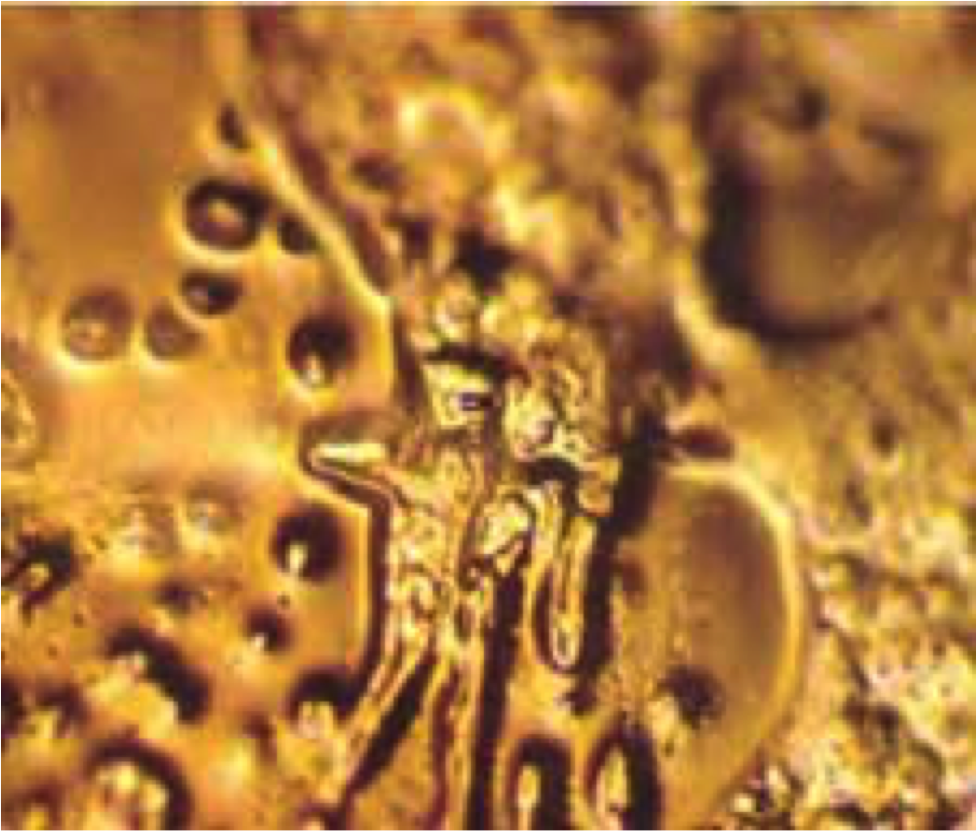
Believing that words have a powerful effect on us, Dr. Emoto surrounded the trays of spring water with students speaking of “hate” for 15+ minutes. Here is the crystalline structure following “hate talk”.
What a wake-up call!
Believing the converse would also be true, he surrounded the spring water trays with student speaking of love. After 15+ minutes, here is the crystalline structure of “love talk.” Perhaps words of love have even more impact than we are aware of. Certainly 60-70% of our bodies would feel better with these formations inside us! There is power in words of love!

And of course, you know I am absolutely “gratitude’s” greatest spokesperson. Gratitude is one of the world’s greatest unsung heroes! Dr. Emoto’s finding of the crystalline structure of spring water when exposed to gratitude speaks for itself!
Gratitude is a powerful way to change our health!
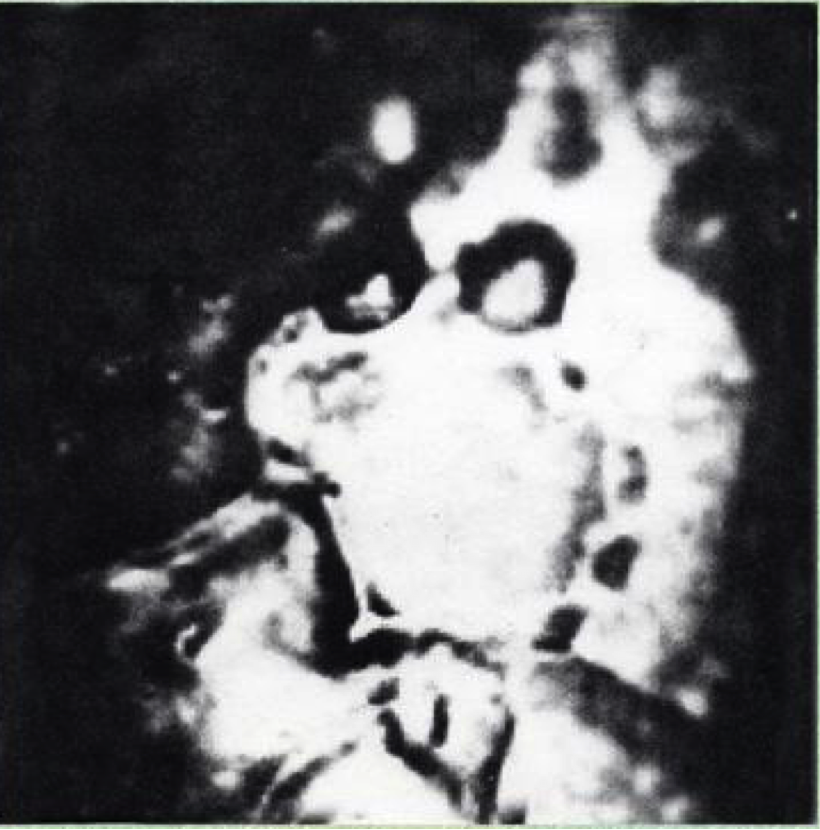
Finally, Dr. Emoto took some water from the Fujiwara Dam, one of Japan’s most polluted bodies of water. Certainly, the crystalline structure of the dam’s water clearly demonstrates the toxicity of the dam. But Dr. Emoto believed that prayer also has a major effect on our bodies and our health.
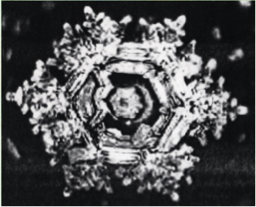
So he took the toxic water from the dam and filled the trays, and then surrounded it with students who were praying. After 15+ minutes of being exposed to prayer, the crystalline structure of the toxic dam water transformed to this.
Regardless of religious persuasion, perhaps saying a prayer for a person spewing toxicity would be worth the effort!
I guess the summary of this entire blog is simply this: make a decision to speak words of life about yourself and about others. And in your relationship, choose words that create connection and love! Leave all of the negativity and aggression to the breaking news broadcasters and the sports commentators! Together, we can make a difference in our relationships, our families, our neighborhoods, our workplaces, our churches, our communities, and our nation!
If you live or work in a situation where negativity, anger, or hostility surround you, please download my free five-step guide to surrounding yourself with encouragement and positivity that creates an extraordinary destiny by clicking on the button below!

